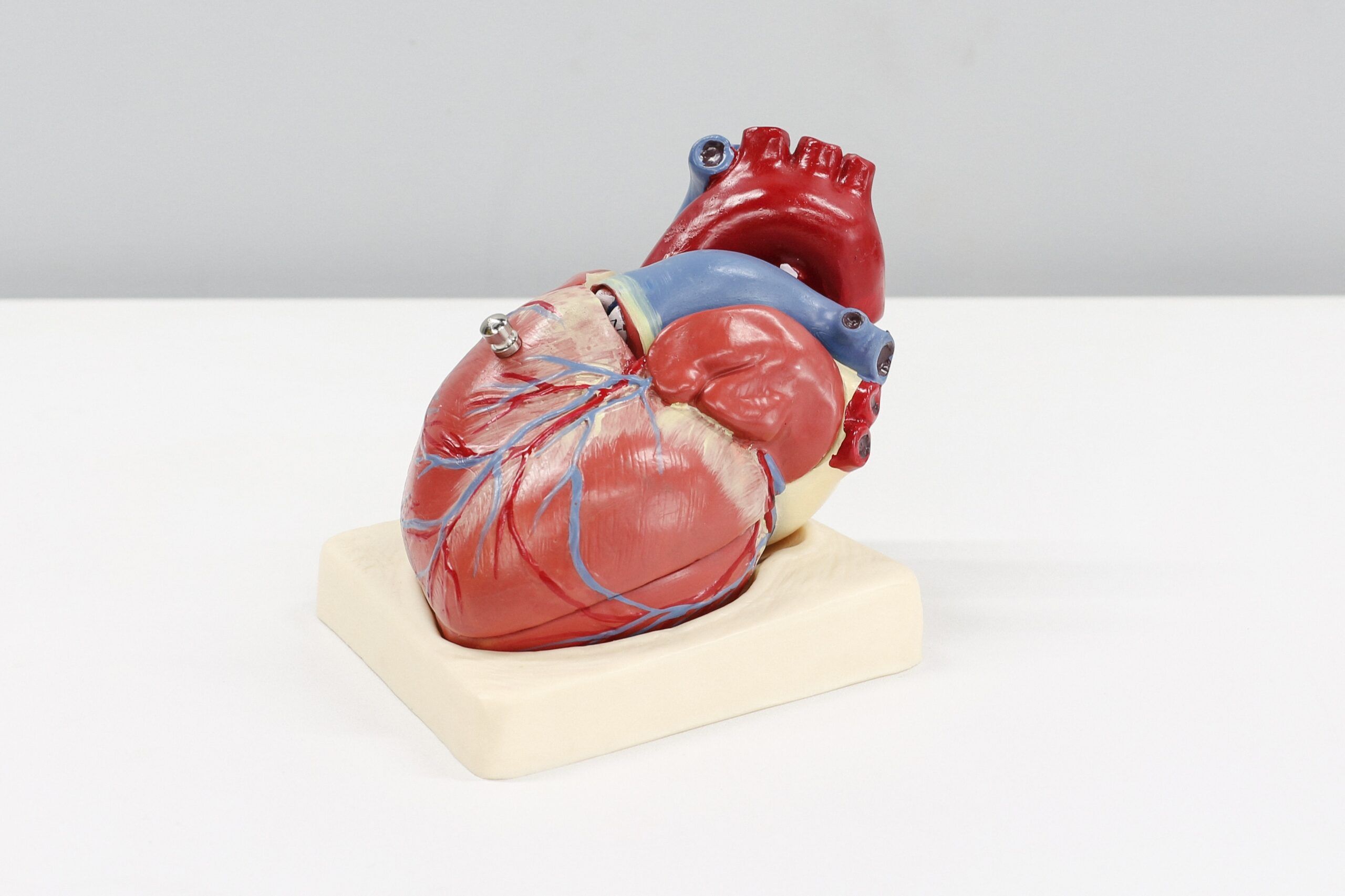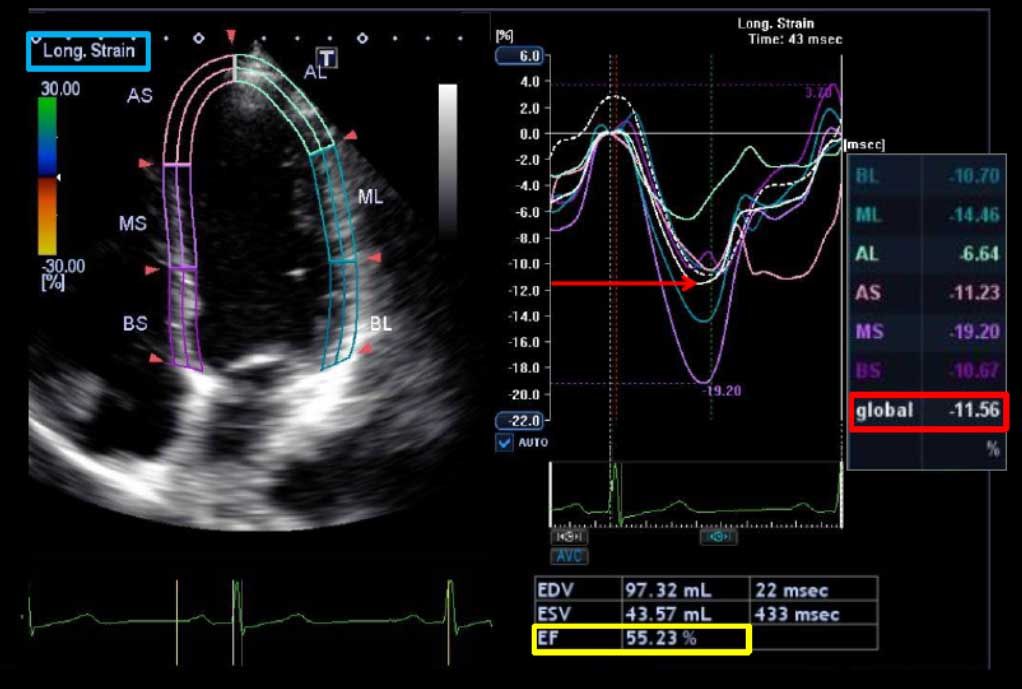Palpitations
Palpitations
Palpitations are a common problem that is often referred to a cardiologist for further investigation. Patients typically describe a sense that the heart is skipping or racing. This may be accompanied by shortness of breath, chest pain, and/or lightheadedness – or rarely, loss of consciousness. The sensation of palpitations can be caused by a wide variety of different things, ranging from normal heart behavior, to simple extra beats, all the way up to dangerous arrhythmias that could be life-threatening. The key goal of sorting this out is to record the heart rhythm at the time it is experienced. Typically, physicians will order an electrocardiogram (EKG or ECG) or a Holter monitor. Other tests your doctor may order include an echocardiogram, a stress test, or a coronary angiogram.
The trouble with ECGs and Holter monitors is that they are limited to a very short time. If the palpitations occur infrequently, these strategies will not obtain the desired symptom-rhythm correlation. Therefore, some patients will be asked to carry an Event Monitor, or a Loop Recorder – both monitors that can be worn for up to several weeks – in order to establish the diagnosis.
Once the nature of the palpitations is diagnosed, it can be treated appropriately.
Holter ECG
A special word about the most common cause of palpitations
One of the most common causes of palpitations is the skipping of the heartbeat that occurs from extra beats. These are simply extra beats that occur in all of us, but are felt more in some because they are more frequent. Most of the time these are simply beats from a secondary pacemaker in the heart that creates irregularity in the pulse that feels unusual. Typically, patients describe these as brief perturbations of the heart rhythm. The heart is otherwise normal, and the beats themselves are of no prognostic importance.
The heart has a single dominant pacemaker called the sinus node. There are several sites within the heart that are additional pacemakers that at times can be overactive. These sites can produce skipped beats that may occur as infrequently as 50 times a day, or as often as thousands of times a day. These do not normally represent anything serious, but can produce new symptoms when a sense of irregularity occurs. Patients will often describe the feeling of “heart jumping, flipping or missing”, with forceful beating after the skipped beat. This is illustrated in the adjacent figure, where the heart beat is regular followed by a skipped beat. After a short pause, there is a normal beat again. The pulse that this produces is illustrated below the trigger of the EKG and the figure. The normal pulse is followed by a very small pulse from the skipped beat. This is the sense of missing or skipping that occurs where the patient may feel the heart “stopping”. This is followed by a very forceful beat when in effect two heart beats are pumped out at once or the volume of two heart beats is pumped out all at once with the resumption of normal rhythm. This often leads to the sense that the heart skips or “misses count”, followed by a forceful pounding or impact in the chest with the normal beat.
This condition is benign, and is often an exaggerated version of the normal number of skipped beats that occurs in every person. Skipped beats are more common with any type of stimulant, including caffeine, decongestants, alcohol, bronchodilators (puffers for asthma) and occasionally with stress. Patients might find that modifying their lifestyle with respect to these agents reduces the frequency of skipped beats.
After recording these, reassurance is usually all that is necessary to confirm that there are no significant problems with the heart. Rarely, medication is used to suppress these skipped beats. Beta-blockers are used in the vast majority of patients when drug treatment is required. These agents reduce the adrenaline effect on the heart, making it less “irritable”. These are only used in patients who are very symptomatic, since there is no need to treat these beats for prognostic reasons.
** Source: Canadian Heart rhythm Society




